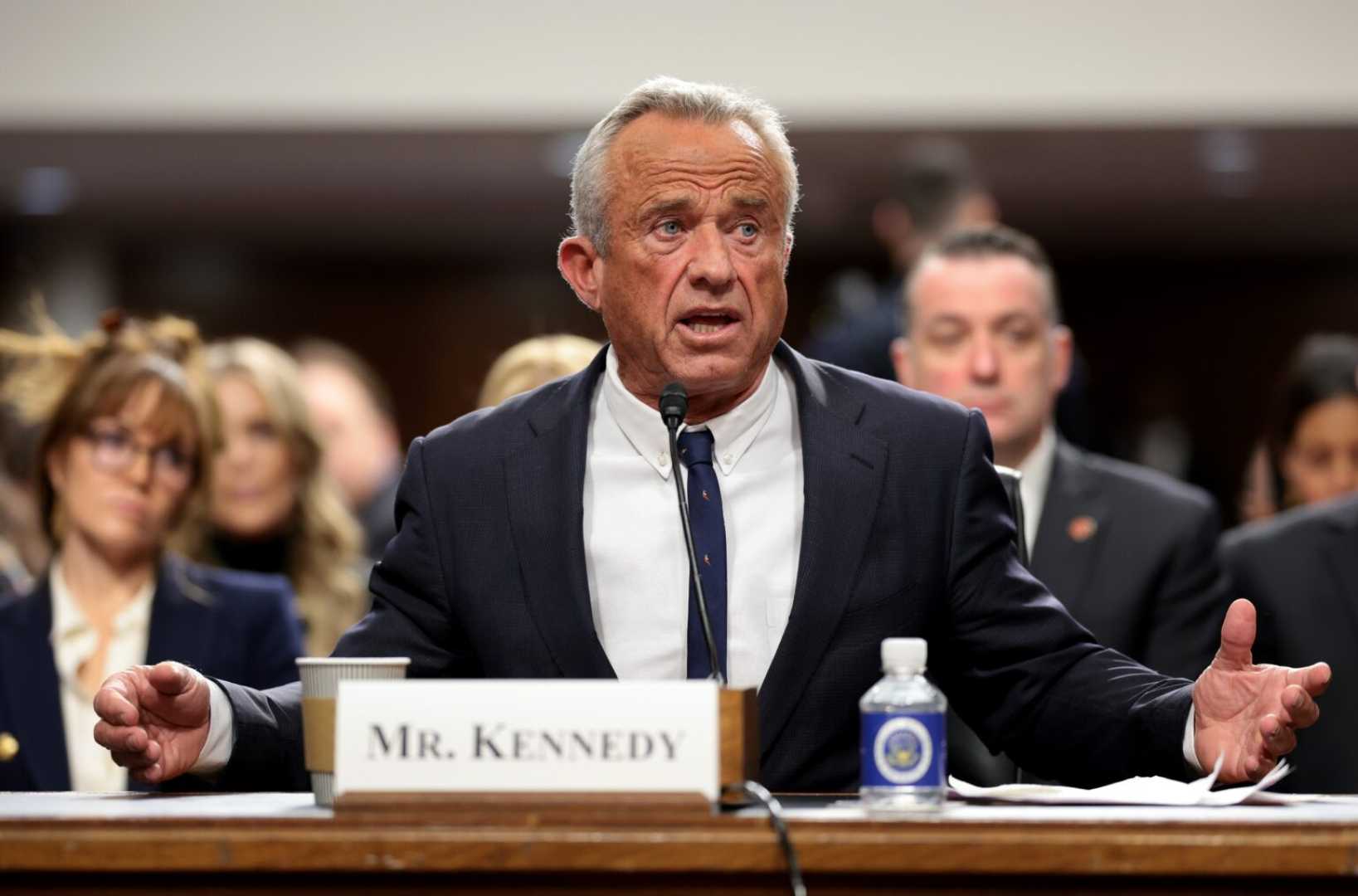Health
RFK Jr.’s Appointment Raises Concerns Over Vaccine Advisory Committee

WASHINGTON, D.C. — The appointment of Robert F. Kennedy Jr. as the new Secretary of Health and Human Services has raised significant concerns about the future of vaccine policymaking in the United States. Kennedy, a long-time vaccine skeptic, now holds substantial control over federal health policy, including the direction of the Centers for Disease Control and Prevention (CDC) and its Advisory Committee on Immunization Practices (ACIP).
During his confirmation hearings, Kennedy faced intense scrutiny from Senate Democrats regarding his controversial views on vaccines. Despite his attempts to downplay these positions, he subsequently expressed skepticism of the experts on the advisory committees, stating, “In the past, those people, almost all of them, have severe, severe conflicts of interest, and that’s not good for our country.”
The ACIP plays a crucial role in shaping vaccine policy in the U.S., making recommendations that the CDC typically adopts regarding immunizations for both children and adults. These recommendations significantly influence state laws and insurance coverage scenarios impacting millions of Americans.
Senator Bill Cassidy, a physician from Louisiana, expressed caution during Kennedy’s nomination process, voting in favor after receiving assurances that Kennedy would respect existing ACIP guidelines. However, Kennedy’s initial comments called this commitment into question.
Experts are concerned that Kennedy’s administration could impose political influence on this historically apolitical committee. Professor Kathryn Reiss from the University of California highlights potential challenges: “The way ACIP is structured, there is an opportunity for political interference from above.”
ACIP members are experts in their fields with significant experience in immunology and public health. They serve staggered four-year terms, with appointments subject to approval by the Secretary of Health and Human Services. This means Kennedy could potentially disband the committee or replace members with those who share similar views on vaccines.
Dr. Tom Frieden, former CDC director, criticized Kennedy’s allegations against ACIP members saying it “can undermine trust in vaccines and endanger our children.” He emphasized the rigorous selection process and ongoing disclosure requirements for ACIP members, which aim to mitigate potential conflicts of interest.
Notably, ACIP has statutory authority over the Vaccines for Children program, which provides free vaccines to eligible youth. They also contribute to the vaccine schedule that health insurance plans must cover under the Affordable Care Act.
There are fears that Kennedy’s influence might not only undermine ACIP’s efficiency but could also precipitate a shift in public confidence about vaccines. Katelyn Jetelina, an epidemiologist, warned that “continuing to sow doubt and confusion about vaccines from the most powerful office could profoundly impact Americans’ ability to make evidence-based decisions.”
The upcoming months will be vital as the new administration clarifies its stance on vaccine policymaking. The relationship between Kennedy and ACIP will likely set a precedent that may resonate with public health policies for years to come.












